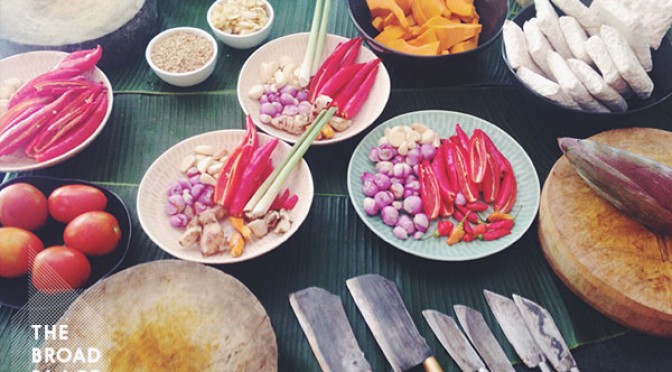As our thinking affects the body, in particular our digestion, what and how we think is the primary focus with High Grade eating. Limiting diets with lots of faux ‘allergies’ due to some blog stating that the latest thing to eat is raw greens whipped into a smoothie is not High Grade eating. Drinking or eating raw greens as they make you feel radiant and you enjoy with a smile is High Grade eating. Listening to our bodies and allowing them to tell us what we need to be nurtured and nourished is absolutely key. I used to have a terrible habit of having ‘Standing Kitchen Picnics’ where I would prepare my daughters meals when she was small and incessantly snack. Little bits from the cupboard, little samples of what I was making and then mini prepared snacks all consumed whilst standing up, and mindlessly. I was always hungry as I was always grazing and with no respect to what I was eating, or how it was making me feel. Dinner would come around and I couldn’t even tell if I was hungry as I had done so much ‘picnicing’ whilst standing and would eat nonetheless just out of habit!
Eating with routine and without snacking helps our digestive fire have time to burn and get going. We need to burn through the food we just ate before we move onto the next meal. It also allows us to feel hungry and understand how much to eat at each meal. Picture your digestion like a little fire – too much kindling (small snacks) and you get a fire burning too high. Too many logs at once (a large heavy meal) and the fire goes out. In Ayurveda this fire is called Agni. Ultimately, we want a perfectly burning fire that we can add a log onto and keep a steady fire going. Consider this over the next week as you eat – are you adding too much food or not enough to keep your digestive fire at its optimal?
Ways in which to experience High Grade Eating are
– eat seasonal and local produce where we can
– eat freshly produced food; and if we don’t know what an ingredient is due to its toxic sounding name, best to not eat it
– making educated and ethical decisions on what our bodies need at a particular time in our lives
– eating in a calm and relaxed manner; not walking or standing up picking at the kitchen bench; the ‘ Standing Kitchen Picnic’
– experiencing gratitude for how the food got to our plate
– avoiding emotional eating; eating nourishing food as we are hungry, not food as we are trying to block an emotional experience

